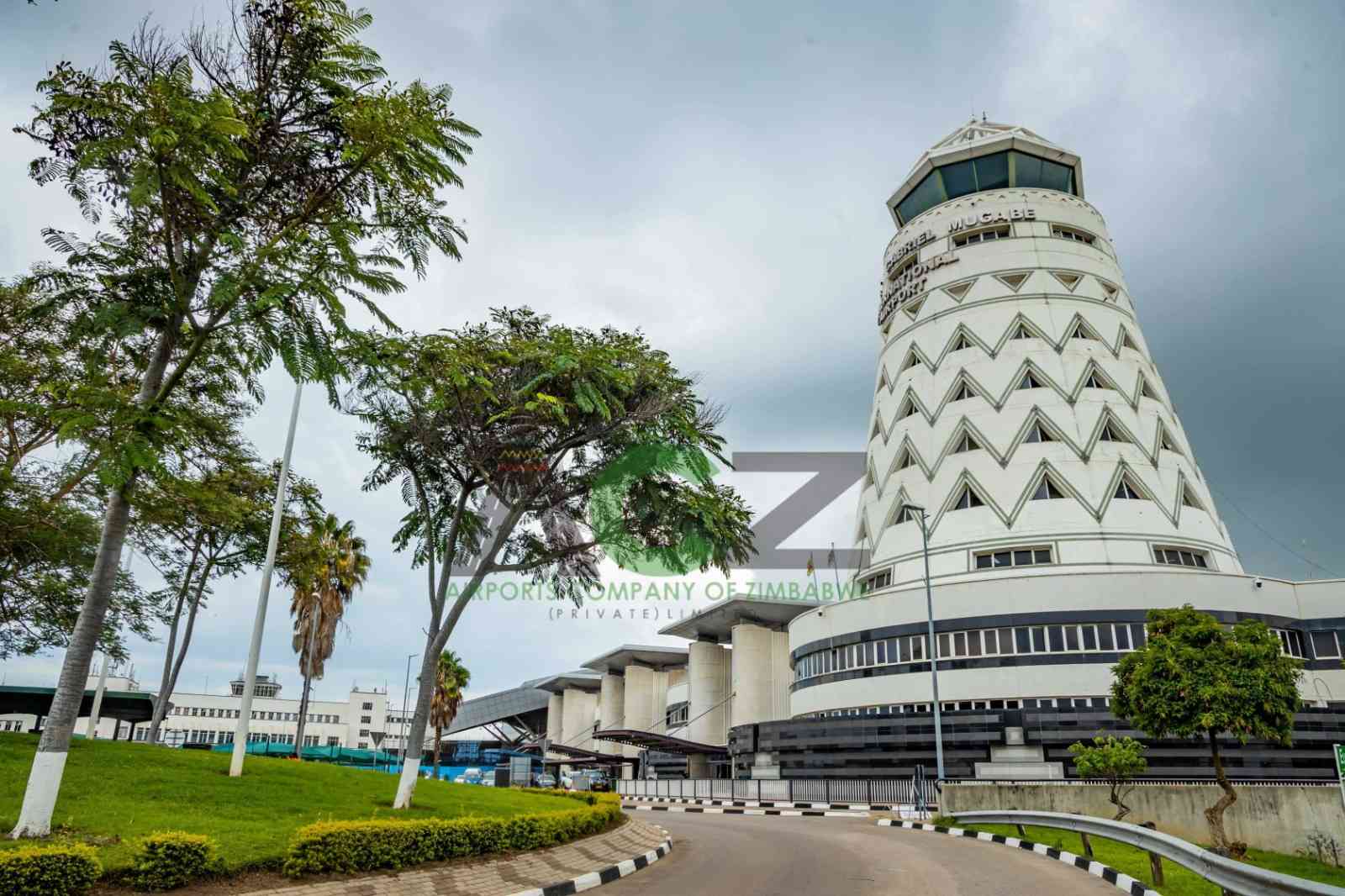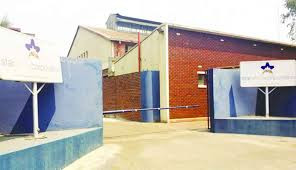
Zimbabwe is courting international investors to transform two key airports.
The Airports Company of Zimbabwe (ACZ) is negotiating with foreign partners to fund the redevelopment of Charles Prince Airport in Harare and Mutare Airport, officials said.
“We are exploring international concession agreements for loan funding for development of the two airports,” ACZ chief executive officer Tawanda Gusha told businessdigest.
“For Charles Prince and Mutare, we are looking at a total of US$300 million,” he said.
The push to open airports to private capital reflects a realisation that public funds alone cannot support the scale of infrastructure renewal required.
Charles Prince Airport is located 20 kilometres northwest of central Harare.
Under the new plan, it is being repositioned as a commercial secondary airport — targeting business jets, charters, and pilot training.
Mutare Airport, meanwhile, sits at the edge of the mineral-rich Eastern Highlands, near the border with Mozambique, and is regarded as a gateway for regional trade and tourism, particularly with the port of Beira less than 300km away.
- Title rivals face tough weekend
- Interactive feedback : In pursuit of a non-binary narrative
- DeMbare, FC Platinum fight for Chibuku Cup
- ZVDT laments lack of development in Zambezi Valley
Keep Reading
The upgrades will significantly boost both airports’ capacity and safety standards, paving the way for scheduled regional flights and cargo services.
Gusha said interest from potential partners has been strong.
ACZ is also pursuing a separate public-private partnership to upgrade Kariba Airport.
“We are also in discussions with operators in Kariba for the upgrading of Kariba Airport on a public-private partnership arrangement,” Gusha said.
“The tourism potential is immense, and improved airport infrastructure is the key enabler.”
Zimbabwe’s latest push to unlock private capital mirrors a continent-wide trend, with more African countries turning to concession models to close the infrastructure gap.
From Lagos to Nairobi, governments are offering foreign operators long-term airport management rights in return for investment in terminals, runways, and technology.
For Zimbabwe, the urgency is even more pronounced. Years of underinvestment, foreign currency shortages, and economic isolation have left its airports with outdated equipment, unreliable power, and limited capacity to service modern aircraft.











